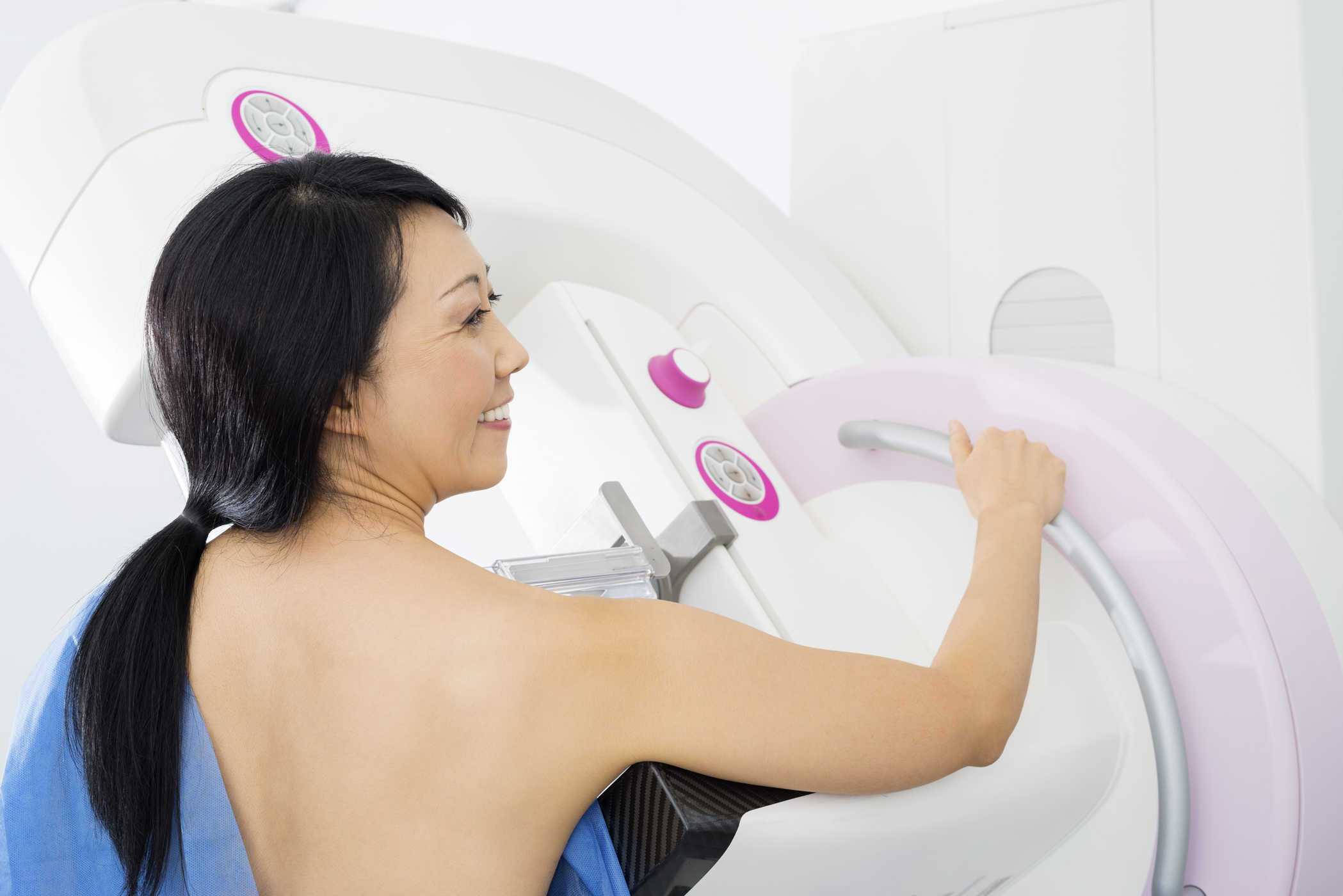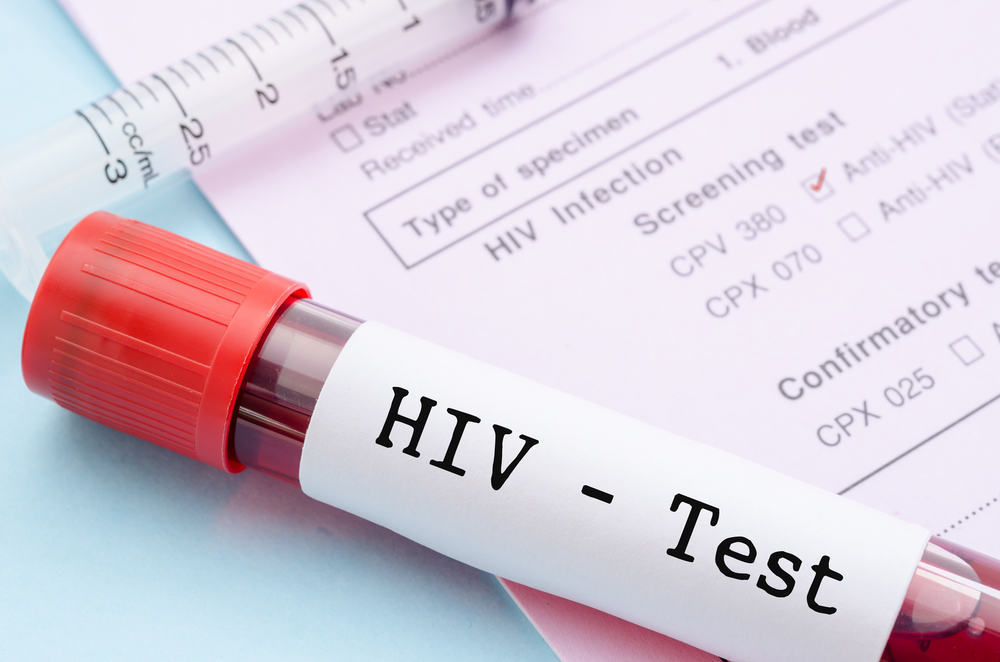Contents:
- Medical Video: How Germs Spread | Explaining the Science for Kids
- Guide to maintaining personal hygiene to prevent hepatitis
- 1. Diligently wash your hands
- 2. Clean blood spills thoroughly
- 3. Wash food ingredients thoroughly
- 4. Don't touch public toilets
Medical Video: How Germs Spread | Explaining the Science for Kids
Up to 4,000 people die from hepatitis viruses every day around the world. Hepatitis viruses are generally transmitted through the consumption of water and food contaminated with feces. Certain types of hepatitis can be transmitted through direct contact with infected blood that you may never realize when and what caused it.
Unfortunately, the community seems to lack awareness of this completely preventable deadly disease. You can protect yourself from being infected by always maintaining personal hygiene at all times. Here's the guide.
Guide to maintaining personal hygiene to prevent hepatitis
1. Diligently wash your hands
Hand hygiene is considered to be one of the most effective ways to help you prevent transmission of infection, including hepatitis. Wash hands with running water and soap, or if no clean water is used hand sanitizer based on alcohol to kill the virus. If these two things are not available, wet wipes are available as an alternative.
It should be noted that just cleaning your hands with cleansing gel or wet wipes is not enough to give the best results. Alcohol-based sanitizers are quite effective, but only work well if your hands are clearly covered in dirt. Therefore, you must first clean the dirt and dust that looks visible before using the hand sanitizer, and this can be done using wet wipes.
Always prioritize hand washing as part of your lifestyle, especially if you are traveling to areas susceptible to hepatitis transmission. Hepatitis is still a terrible scourge in developing countries.
2. Clean blood spills thoroughly
Exposure to contact with virus-infected blood is one of the factors that can increase your risk of contracting hepatitis. This risk is especially high for dialysis patients (hemodialysis) and professional medical personnel in hospitals.
Reporting from the 2014 NCBI issue journal, dialysis patients in Yogyakarta were in the first warning as the highest risk group of hepatitis B transmission with a percentage of 11.2 percent. Meanwhile, transmission of hepatitis to health workers in hospitals can also occur through transfusion of blood and blood products contaminated with HBV and from needle contaminated with viruses in medical procedures. According to RI Ministry of Health data, the incidence of positive hepatitis B diagnosis among health workers in DKI Jakarta reaches 2.55 percent, with details of Central Jakarta (5.33%) and West Jakarta (3.9%) as two regions with hepatitis B cases the highest positive for health care workers.
Even if you are not exposed to blood or bodily fluids in a hepatitis patient, you can still be infected with this virus from the blood attached to the surface including dry blood because even the virus in dry blood can still infect. When you see a spill or splash of blood on the surface around you or at home, immediately clean it thoroughly to eliminate the source of the disease. Remember to use rubber gloves when cleaning blood. Use a bleach and water solution with a ratio of 1:10.
3. Wash food ingredients thoroughly
Always wash fruits and vegetables thoroughly after you wash your hands because you can get hepatitis A from consuming contaminated food. Food can be contaminated with hepatitis viruses in several ways, such as raw shellfish taken from contaminated dirty water, and fruits and vegetables and other foods that are consumed raw that may have been contaminated when handled. It's better if you don't eat a lot of raw food if you aren't sure where it comes from and clean the food carefully to prevent disease.
4. Don't touch public toilets
Sitting in a contaminated public toilet when you have open sores on the buttocks or the back of your legs can put you at risk of being infected with the hepatitis virus. If you have a wound that can come into contact with the toilet seat, squat on the stand and / or cover the surface of the seat with cloth or toilet paper to provide more protection.
Finally, keep in mind thathepatitis infection can be transmitted through the oral-faecal route. As an independent effort to prevent hepatitis, always prioritize maintaining good self-cleaning and avoid direct contact with blood or faeces of infected people. Make the four points above as part of the daily lifestyle, the greater your chances of preventing yourself from contracting hepatitis.
Hello Health Group does not provide medical advice, diagnosis or treatment.












